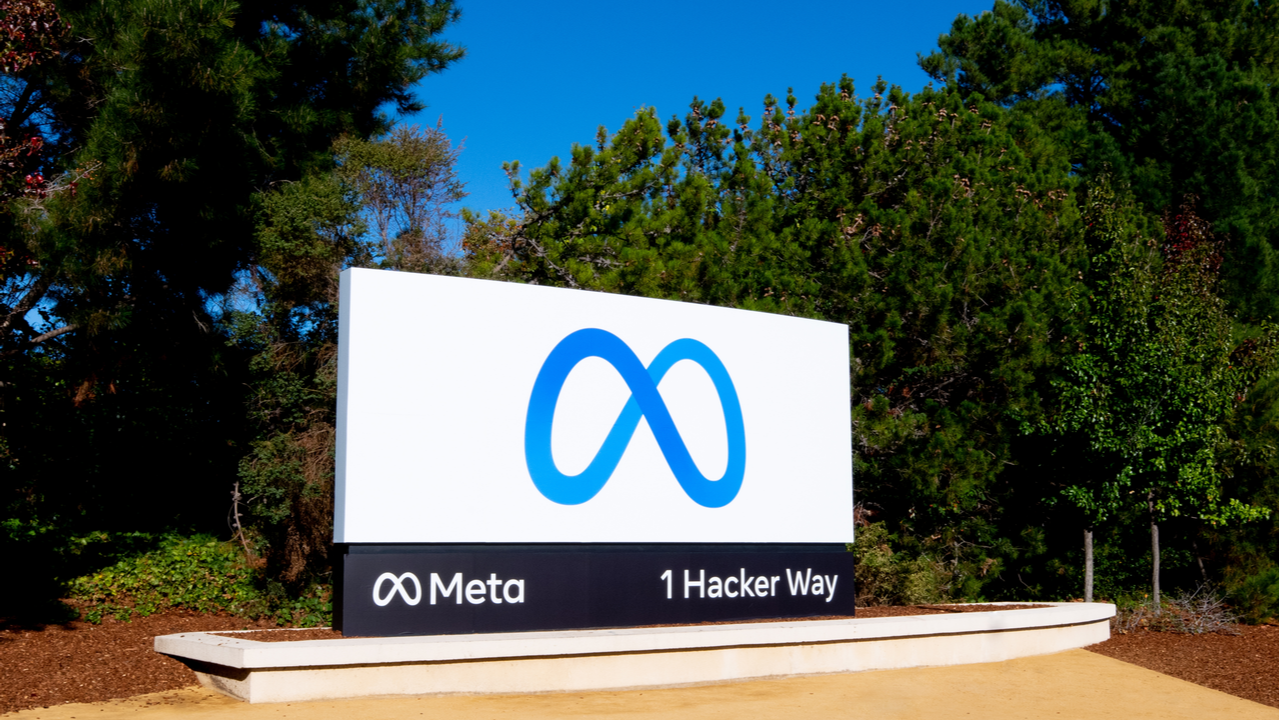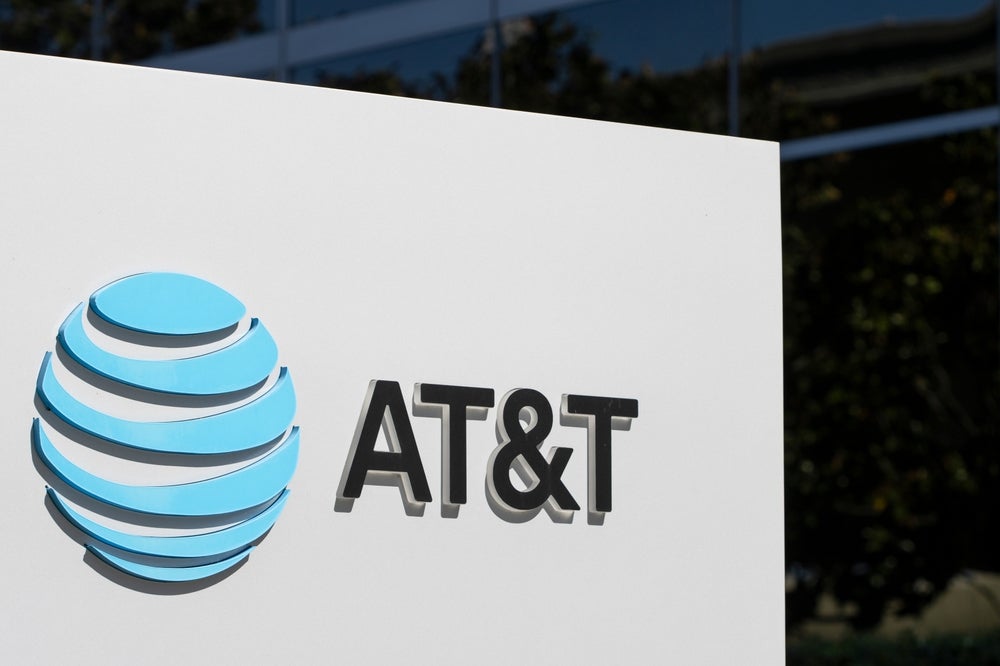
Facebook said its commitment to scrap face scan technology will not apply to its “metaverse”, a virtual world that has been branded “dystopian” by the tech giant’s critics and which is described by the company as being its future.
Facebook, which recently rebranded as “Meta”, won positive comment from privacy advocates on Tuesday when it revealed it is shutting down its Face Recognition scan system. The technology was launched in 2010 and is used to automatically tag people in photos and videos on the platform. The company said it would also delete more than a billion people’s facial recognition templates.
However, Facebook has since clarified that it is already looking at ways to use biometrics in its metaverse business. The company previously said it won’t delete “Deepface”, the AI engine behind the face scan technology, but now it seems that this technology may be repurposed almost immediately to serve its metaverse plans.
As Verdict previously pointed out, scrapping Facial Recognition as such comes at no financial cost to Facebook’s business model because it does not sell its technology or database to third parties. Automatically tagging pictures was a feature designed to give users convenience – albeit with the lurking concern that the database and technology could one day be misused.
Facebook said it believed some facial recognition use cases, such as verification and account recovery, had potential. Laura Petrone, principal analyst in the thematic research team at GlobalData, speculated that facial recognition could one day be a “key technology” in Facebook’s ambition to become a metaverse company.
When asked by Recode if facial recognition would be used in the metaverse, Facebook’s VP of AI Jason Grosse did not deny it.
How well do you really know your competitors?
Access the most comprehensive Company Profiles on the market, powered by GlobalData. Save hours of research. Gain competitive edge.

Thank you!
Your download email will arrive shortly
Not ready to buy yet? Download a free sample
We are confident about the unique quality of our Company Profiles. However, we want you to make the most beneficial decision for your business, so we offer a free sample that you can download by submitting the below form
By GlobalData“For any potential future applications of technologies like this, we’ll continue to be public about intended use, how people can have control over these systems and their personal data, and how we’re living up to our responsible innovation framework,” Grosse said, recycling comments made in the original announcement.
Not everyone is excited about Facebook’s metaverse plans. Roger McNamee, an early investor-turned vocal critic of Facebook, said the company “should not be allowed to create a dystopian metaverse”.
Speaking to the BBC at Web Summit in Lisbon, he said: “Facebook should have lost the right to make its own choices. A regulator should be there giving pre-approval for everything they do. The amount of harm they’ve done is incalculable.”
The term metaverse stems from the 1992 dystopian science fiction novel Snow Crash by Neal Stephenson, with the word used to describe a virtual reality-based successor to the internet.
However, Facebook sees the metaverse as a hugely positive idea. Facebook chief Mark Zuckerberg suggests that the metaverse will be a collection of multiple online worlds, not all of them run by Facebook. However, it’s not clear at this stage how these different worlds and the virtual items within them would interact, or if they would be interoperable.
Facebook is dedicating 10,000-20,000 engineers to develop its metaverse technology. The UK’s recently appointed secretary of state for digital, Nadine Dorries, this week took aim at Facebook’s metaverse plans by suggesting that the web giant should dedicate a similar level of resources to improving safety on its existing platform. She mentioned the UK’s incoming Online Harms Bill, intended in large part to deal with the various problems of social media.
“People like Mark Zuckerberg and Nick Clegg who are wanting to take off into the metaverse,” Dorries said. “My advice would be: ‘Stay in the real world’. Because this bill is going to be an act very, very soon and it’s the algorithms that do the harm, and this act will be there and you will be accountable to this act.”
Since Facebook’s announcement, Microsoft has revealed its own metaverse plans, which will see it add 3D virtual avatars and environments to its Teams messaging system – with or without a virtual reality headset.
However, Microsoft president Brad Smith has since downplayed the “hype” surrounding the metaverse.
“We’re all talking about the metaverse as if we’re entering some new dimension,” Smith told Reuters. “This is not like dying and going to heaven. We’re all going to be living in the real world with people.”







